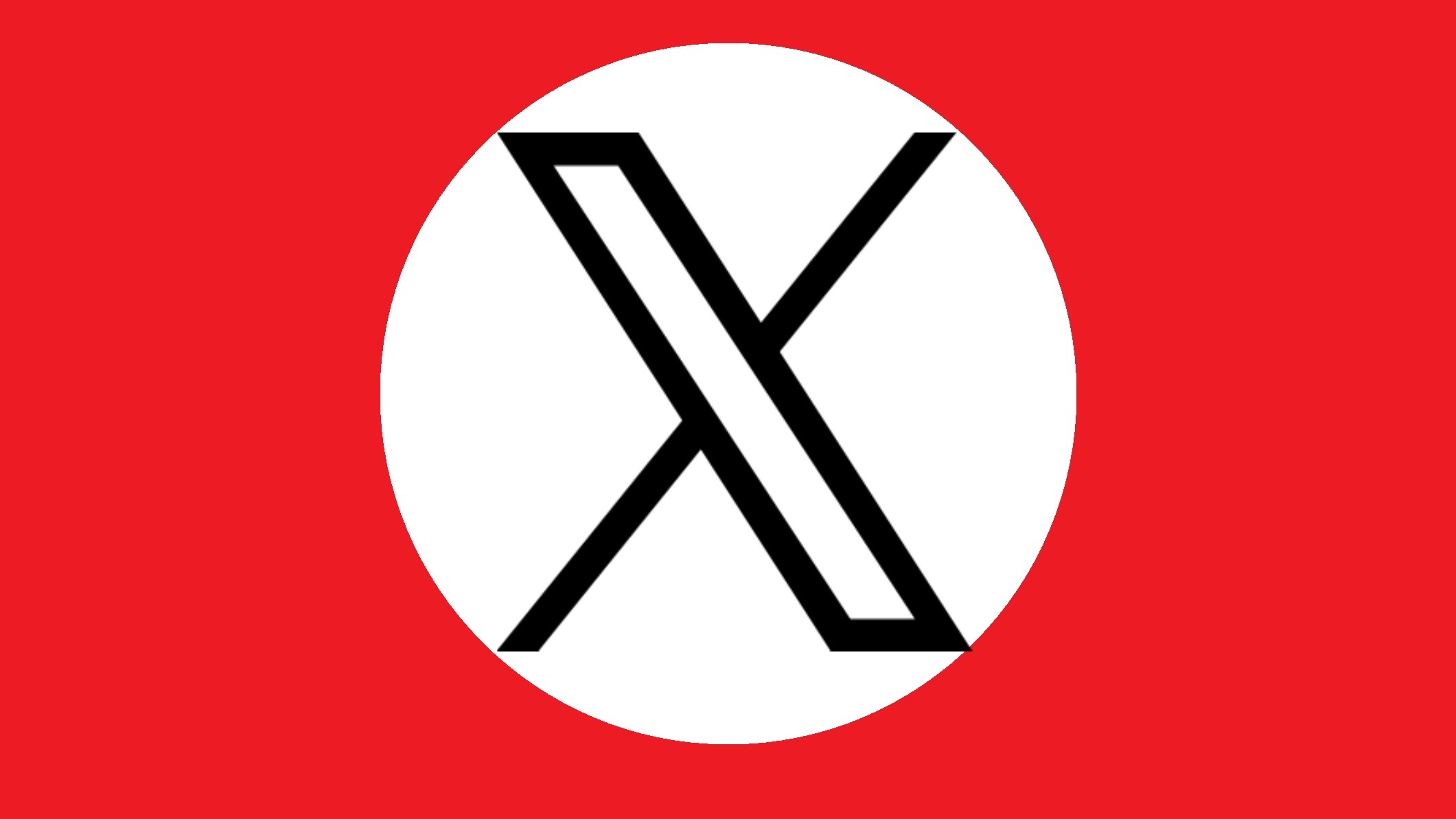A British expert on the far right says it’s using social media to interact and recruit new members.
Cassian Sparkes-Vian, a sociologist at the University of West England Bristol, said websites like 4chan during Donald Trump’s 2016 presidential run were used as a recruitment tool.
She said it was used to foster frustration among women and focus on a sort of hyper-masculinity, fomenting a kind of political nihilism.
“We have had these far-right groups using it as a way of being able to link up with each other, one of the things that have notably happened over the past kind of decade or so is that there has been influencing from what were previously fringe groups Into mainstream politics, which is obviously worrying,” Sparkes-Vian said.
Dominic Boyer, a Rice University cultural anthropologist in Houston, said people turn to fascism to find meaning in what seems to be a chaotic and disorderly world, “in which they felt hopeless, anonymous, alone, and with no clear, forward trajectory or purpose.
“So this sense of ruthlessness and anxiety feeds into conspiracy,” Boyer said.
He said conspiracy theories, such as the idea of a global cabal or a “deep state,” are examples of fascistic talking points that are becoming more mainstream.
Elon Musk infamously replied to a Nov. 15, 2023, tweet as “the actual truth,” feeding into anti-semetic narratives and conspiracism.
Elon Musk pushing unvarnished anti semitism at a time of rising antisemitism and violence against Jews pic.twitter.com/N5bSQxWsr9
— Jake Tapper (@jaketapper) November 15, 2023
X, formerly known as Twitter, received criticism for allowing this behaviour. Musk, the platform’s owner, defended his tweet, saying Twitter serves as a “de facto public square” and to block this kind of speech would violate free speech.
Boyer disputes Musk’s position.
“I don’t think Musk’s opinions hold that much water because, you know, he also does what every billionaire does, but he doesn’t like people he arbitrarily sort of cuts them out of the public sphere,” he said.
As of March 2024, Musk has been removing posts on X recently that are reporting and spreading the name of an alleged Nazi throughout the website.
“I’ve always thought the internet ought to be like the water system,” Boyer said. “It’s something that should be publicly owned and controlled, free for use by all but also subject to community standards and policing.
He said the infrastructure should be invested in publicly to ensure that it’s doing the best it can equitably for the whole community.”
Deniz Unay, a social media analyst based in Turkey, said protecting free speech should be a key focus when discussing how to combat fascism, and there are legitimate concerns regarding free speech in some cases.
“While it’s essential to combat hate speech, disinformation, and harmful content online, the methods used to regulate these issues can sometimes encroach upon individuals’ rights to express themselves freely,” he said
Unay said that this question is something that tech companies and governments have grappled with for some time and requires nuance and constant evaluation.
“I often find it apt to give this example: When crossing the street, even when the pedestrian light is green, we check if there are any cars on the road before proceeding. On the internet, we need a threshold of awareness for every significant detail we encounter,” Unay said.

